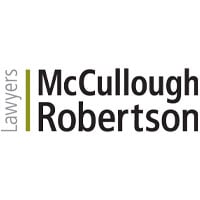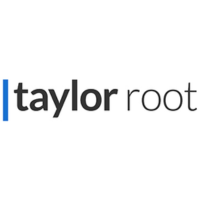

Senior legal counsel and co-chair of the junior board | Chubb Insurance Australia




Dominic Flannery
Senior legal counsel and co-chair of the junior board | Chubb Insurance Australia
What has been the number one challenge that has impacted you over the past year?
The pace of regulatory change in Australia since the Banking Royal Commission continues to have a huge impact on the insurance industry. From legislated change (such as the Reportable Situation regime or the upcoming Consumer Data Right for insurance) to bespoke regulator enquiries (such as ASIC’s review into insurance pricing practices and its quality of advice review), the volume of work required in order to comply or respond has dramatically increased. This higher workload has necessitated new processes and procedures, which need to be implemented, tested and continually tweaked as feedback is received from regulators, the business and customers. Dealing with this bevy of regulatory work while maintaining business-as-usual workloads continues to be most significant challenge in the insurance industry.
Looking forward, what technological advancements do you feel will impact the role of in-house legal teams in the future the most?
Large language models (LLM) such as ChatGPT and other artificial intelligence (AI) are a constant topic of discussion for a reason. I think they will fundamentally change how many office workers operate and in-house legal teams are no exception. While the talk of LLMs replacing jobs is in my opinion an exaggeration, I think will act more like a paralegal for day-to-day in-house tasks. For instance, once legal research companies implement LLMs, preliminary legal research will be as easy as asking a question with the LLM providing a citated, coherent answer, and judgments and legislation will be quickly and relevantly summarised in response to bespoke queries. More exciting, perhaps, is the possibility of quickly re-writing complex legal advice, clauses or other documents for multiple purposes, whether for audiences in different internal departments, externally or even for different country requirements. Of course, all of these developments will still need to be checked by a lawyer, but an AI paralegal will be of great benefit, particularly for sole in-house lawyers.
What would you say are the unique qualities required to be successful as an in-house lawyer in your industry?
For me, adaptability is the key to success for an in-house lawyer in insurance. Insurance is a cornerstone of modern society, providing risk-transfer directly for companies and consumers, and indirectly for governments. As society evolves, so must insurance, whether it is a result of climate change, social norms or changing governance requirements. Given the dynamic nature of insurance, in-house insurance lawyers must be able to adapt advice to these new environments, whether as a result of new laws, emerging risks, new technology or evolving business models. Embracing change, letting go of obsolete information and being open to diversity of thought are now the additional business acumen required to succeed as an in-house insurance lawyer.